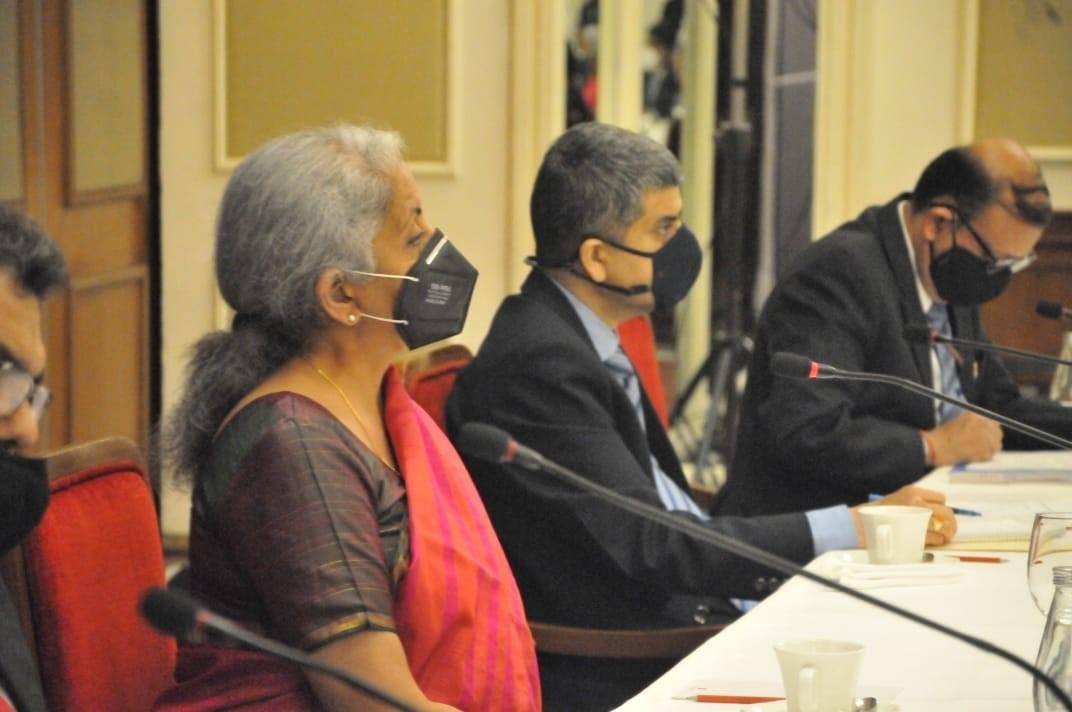Corporate earnings to recover in 12-18 months
Companies in India face further potential rating downside, despite several negative rating actions over the past three months, S&P Global Ratings has cautioned.
About 35% of credit ratings on Indian corporates have either a negative outlook or are on CreditWatch with negative implications, said S&P in a chartbook titled “Why India Corporate Ratings Have Yet To Turn A Corner”.
“And that increases to one-in-two ratings if we exclude debt-free companies in the IT sector,” the rating agency added.
For most of the ratings, S&P assumes corporate earnings will recover over the next 12-18 months.
“There is downside risk to ratings if the downturn becomes more prolonged than we had expected,” S&P credit analyst Neel Gopalakrishnan.
“All but two out of seven companies with negative outlooks or on CreditWatch negative have speculative-grade ratings; since these companies are more sensitive to earnings volatility, the downside risk increases even further.”
Indian corporates, especially speculative-grade ones, were not well-positioned for a downturn because of their debt-funded capital expenditure and acquisitions over the past two to three years.
This had already led to lower ratings. The number of single ‘B’ ratings, for example, increased to about 33% of total ratings at the end of 2019 from 13% in 2016.
However, most India companies had limited rating headroom for a downturn, especially one as sudden and sharp as the COVID-19 pandemic, according to S&P.
Given the weakened operating environment, EBITDA for companies in sectors sensitive to the economy, such as automobiles and commodities, is expected to drop as much as 25%-30% year on year in the fiscal year ending March 2021.
“We, therefore, expect credit metrics to weaken in fiscal 2021 before recovering in fiscal 2022 with an earning rebound. The credit metrics at the end of fiscal 2022 are still likely to be weaker than we had previously expected, resulting in lower ratings than prior to the pandemic.
“We had taken negative rating actions on eight of the 19 rated India corporates in the past three months,” said the rating agency.
Businesses in sectors such as telecom, technology, and pharmaceuticals have been more resilient, in line with global trends. The two positive outlooks that S&P Global Ratings currently has are on companies in the IT and pharmaceutical sectors.
However, the sectors are not without risk from a rating perspective.
For example, refinancing is the key rating driver for HT Global IT Solutions Holdings Ltd. and Glenmark Pharmaceuticals Ltd.
Investment-grade ratings have been more resilient with only one negative action so far (outlook on UPL Corp. Ltd. revised to negative). This is consistent with our experience that higher ratings are usually more stable through cycles.
How quickly the Indian companies recover after the lockdown would be crucial to the rating outlooks or CreditWatch resolution.
Refinancing risk, while generally manageable, is the key rating driver for at least three companies — Vedanta Resources Ltd, Glenmark Pharmaceuticals, and HT Global IT Solutions Holdings Ltd.
All three companies have sizable debt maturities in mid-2021 and the second half.
S&P Global Ratings acknowledges a high degree of uncertainty about the evolution of the coronavirus pandemic. The consensus among health experts is that the pandemic may now be at, or near, its peak in some regions but will remain a threat until a vaccine or effective treatment is widely available, which may not occur until the second half of 2021. fiinews.com










